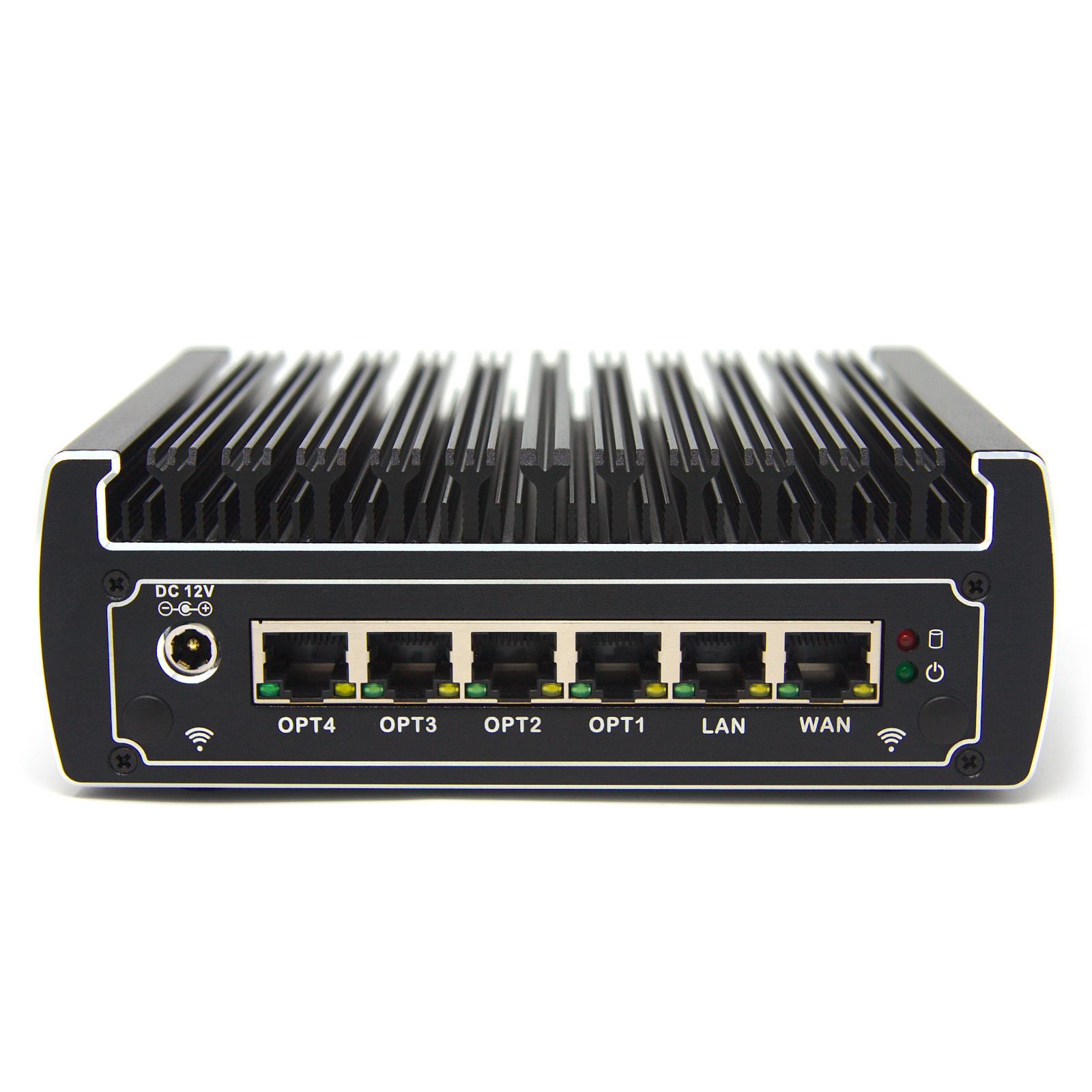[...]I would prefer a familiar OS
[...] e.g., OPNsense [...]
OPNsense is not FreeBSD; it's a horrible abomination. If you are familiar wit FreeBSD, the GUI is massively inconvenient, tedious and cumbersome as well as restrictive and unintuitive. If you want something that would be "quick and easy" on normal FreeBSD but not intended by the GUI, you are at a dead end or if you decide to just configure it "the correct way", the GUI abstraction layers will constantly blow up your configurations.
I've given up on those GUI-centric abominations, they are a huge waste of time if you are already familiar with "doing it the rigt way". Stay with a real and fully usable FreeBSD, or in case of a pure router/firewall installation have a look at OpenBSD (I still find their routing domains far superior to just FIBs).
Regarding that hardware: Are you talking about a small home network or some full-blown enterprise network where you have to push a lot of packages? single-stream bandwidth is never the problem, but the number of actual packets and states is.
For small(ish) home networks I'd just go for some of those x86_64 based multi-port mini-PCs from aliexpress (Topton et al). They work reasonably well, come with absolute boilerplate hardware (e.g. intel NICs) and nothing exoctic, so they 'just work'™ out of the box. They usually also have an mPCIe or additional M.2 socket and a SIM slot for WWAN, so you can have a backup link.
I'm running 6 of those topton Celeron 5105 based 4-port systems with OpenBSD as home/soho routers and VPN boxes. Haven't had any issues with them yet with the oldest ones now running almost 3 years for 24/7 (bought 2 of them when the 5105 was brand-spanking-new). At ~15W they can even be powered by a PoE-splitter.
Given the price of thoe raspberry toys nowadays, IMHO it's a no-brainer to just go for such x86 based systems (or used small servers if power consumption isn't an issue). In the beginning they were nice for some tinkering at a low budget, but nowadays they are mostly overpriced gadgets. The cheap, tiny ones still are quite useful (at a reasonable price), but those are far from capable to be used as a proper router.


